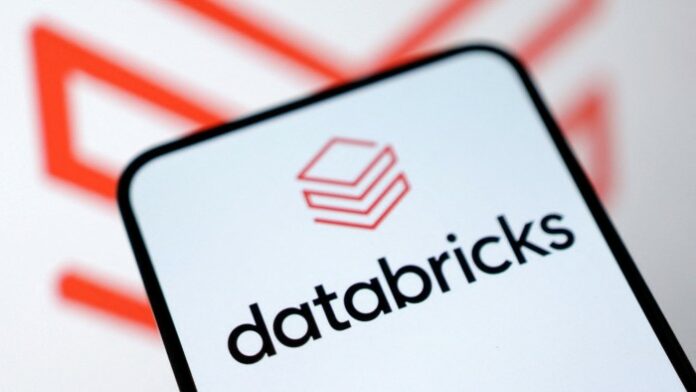Unlock the Editor’s Digest for free
Roula Khalaf, Editor of the FT, selects her favourite stories in this weekly newsletter.
Databricks has raised $10bn in the biggest venture capital deal of the year, giving the US data analytics and artificial intelligence company a valuation of $62bn.
The company raised the cash from some of the largest and most active technology investors in the US, including Thrive Capital, Andreessen Horowitz, Insight Partners and Iconiq Growth.
The funding round for the 11-year-old company is exceptionally large by the standards of venture capitalists, who historically have funded early- stage start-ups at much lower valuations. The deal is a reflection of how VCs are shifting tack as private markets balloon.
The new capital will help Databricks compete with AI start-ups such as OpenAI and Anthropic for talent, said Ali Ghodsi, co-founder and chief executive of Databricks.
“The talent war for AI is like no other time before. Already it was pretty insane levels of compensation for software engineers in Silicon Valley, and it’s gone up from there,” he said.
Thrive alone invested “at least” $1bn into the round, according to Vince Hankes, a partner at the firm, which recently raised a $5bn fund. Thrive, founded by Josh Kushner, has made a series of massive bets in companies including Stripe and OpenAI. Databricks “are in this to build the next $1tn infrastructure company”, said Hankes.
The “vast majority” of the $10bn will go towards helping employees at the start-up cash out lucrative stock options and to pay the taxes they incur when those options vest, according to Hankes. He compared the deal to Stripe’s $6.5bn raise last year, which allowed the payments company to meet billions of dollars of tax liabilities associated with employees’ stock units.
Many start-ups that have remained private for a decade or more are facing a similar issue: many stock units are taxed as income when they vest, while others cannot be realised until a company has a liquidity event, leaving employees with either large tax bills or the bulk of their wealth effectively tied up.
Finding ways to “release the pressure” for employees would help start-ups such as Databricks compete for talent with public companies such as Alphabet, where employees can sell their shares at any time, said Hankes.
Providing early employees a way to sell their stock has been a motivating factor behind many of the largest deals for venture-backed companies over the past year, including at AI company OpenAI and Elon Musk’s SpaceX.
The remainder of Databricks’ new capital will be invested into “new AI products, acquisitions, and significant expansion of its international go-to-market operations”, the company said on Tuesday.
Other investors in the round include Singaporean sovereign wealth fund GIC; early Twitter and Facebook investor Yuri Milner’s DST Global; and MGX, a recently launched UAE fund focused on AI and chaired by the country’s powerful national security adviser, Sheikh Tahnoon bin Zayed al-Nahyan.
Databricks has grown rapidly in the past year and was expecting annualised revenue to hit $3bn by the end of next month, the company said on Tuesday. Databricks also expects to record positive free cash flow for the first time at the end of January.
That has pushed Databricks’ valuation up from $43bn in September last year.
The new capital and growing revenue meant Databricks is not in a rush to go public, said Ghodsi. “The absolute earliest we would go public is next year, but we have flexibility now.”
